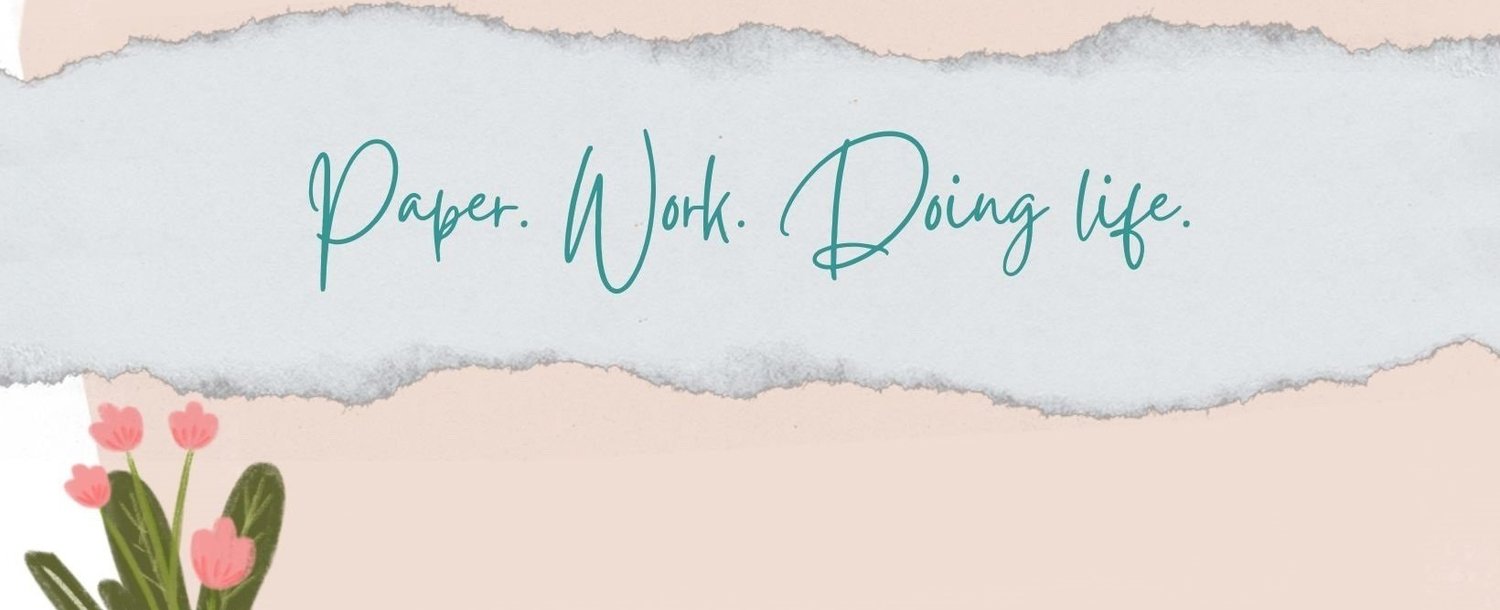Quindlen, Anna. Miller’s Valley. New York: Random House, 2016.
I wish I had done a better job of recording some of the insights in Anna Quindlen’s Miller’s Valley. . Reading the book was the smallest bit like coming home - kind of perfect as Quindlen explores the notion of what home means and asks the question if we can ever truly leave, even if our home is flooded and relegated to the bottom of a lake.
We learn about Miller’s Valley through Mimi Miller. We meet her first as a young girl and learn about her Vallely, her family, her own growth and change as she relates them...as a somewhat unreliable narrator. While Mimi is close to her family and, perhaps, more observant about them, she remains appropriately innocent of some of the darkness that permeates it. She loves her brothers, recognizing the distance of the oldest, and chronicling and mourning the the loss of the careless and charming Tommy who comes back from his time in the Vietnam War irrevocably damaged. She powerfully relates her mother’s faith in him, long beyond the time where that faith is warranted. She explores the tension between her mother and her father, including that which is created by her Aunt Ruth who refuses to leave the house...for anything. The readers can sense long before she does the odd dynamic between the three. She reports the struggle to succeed - her difficulty in dreaming dreams to begin with and then the challenge of achieving them in spite of family illness, tragedy, and the challenge of finances. Certainly the teacher in me was drawn to the teacher who pushed her and worked for her, longing for Mimi’s success even when Mimi herself does not.
This book defies a simple summary. Quindlen explores family and roots in a powerful way. As the product of rural America, many of Mimi’s experiences and struggles resonated with me. The push and pull with her mom was very real. Her mom humbles her and is strict and demanding, but she is adamant that her daughter will realize her dreams. She longs for a life for her that she was unable to achieve for herself. I sure didn’t love everything about these characters. Sometimes I was a bit uncomfortable with the things they said and did. I couple of times I didn’t like them at all. Ultimately, though, that’s what makes them real, fully developed people, like the people I grew up with or that I interact with every day or, in fact, like me.
At some levels this is a book about secrets. Mimi knows long before many of the adults around her how the story of Miller’s Valley vs. the government is going to end. This plot line exemplifies her intelligence, frames much of the story, and creates a pretty big metaphor, but it also marks a significant decision for Mimi when she opts to keep what she knows a secret. Tommy can’t talk about Vietnam. What he sees and does there are his secrets. Keeping them profoundly alters his life and that of his family. Aunt Ruth’s life is clearly defined by a large secret. Honestly, one that I’m not sure I needed, but, nonetheless, it is there. The novel should inspire some thought into people and families and the secrets we keep, seems universal.
The universality is largely what appeals to me about the work of Anna Quindlen. I love the kind of fiction where I am reading about people, people that I could know warts and all. I love books that encourage me to think about life and decisions and what we choose to do and not do, to remember and forget. Life is complicated for most everyone, and sometimes I can forget that. Quindlen reminds, and also reminds that most of us forge ahead anyway, doing the best that we can. And always that, in the end, life goes on. It just does.
